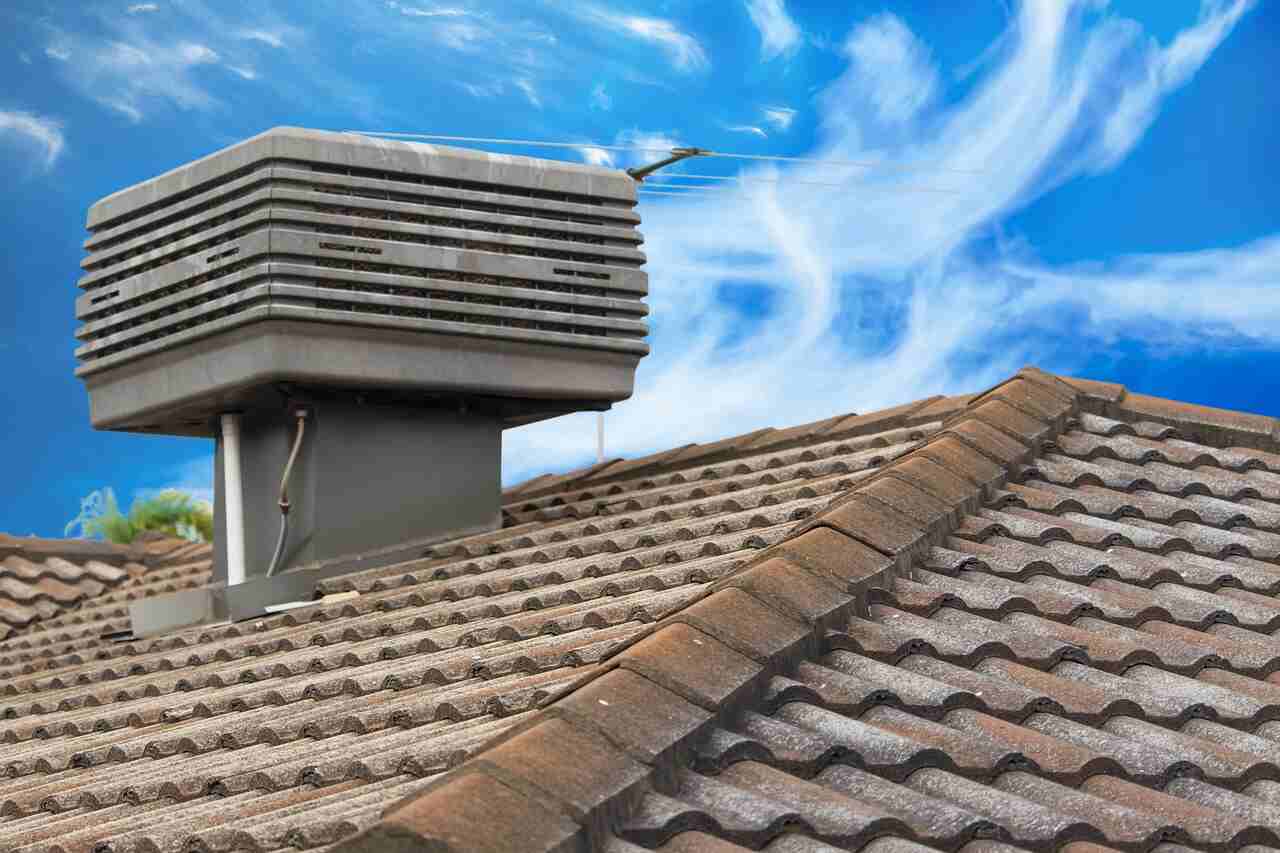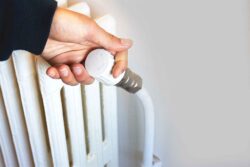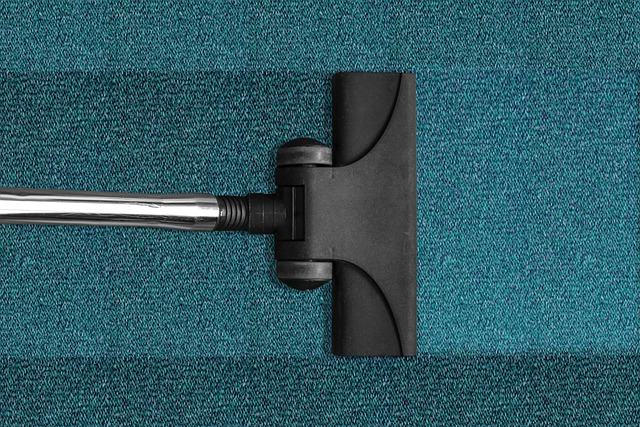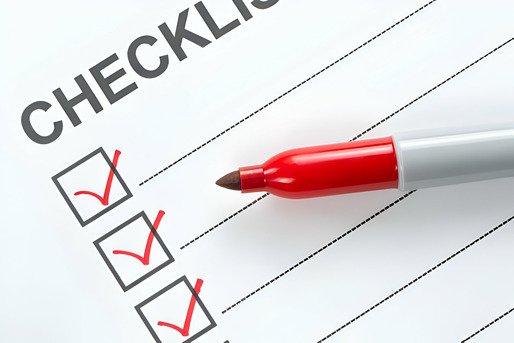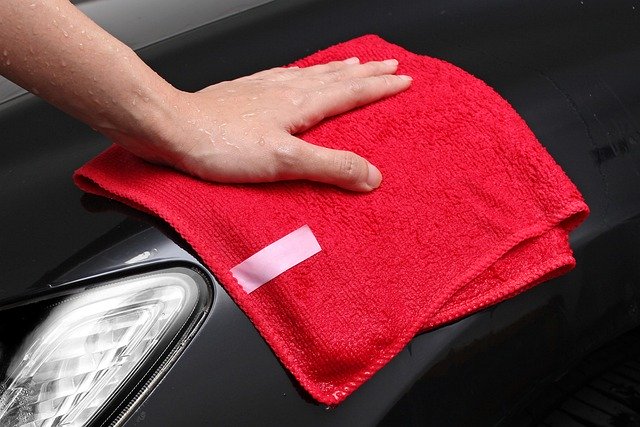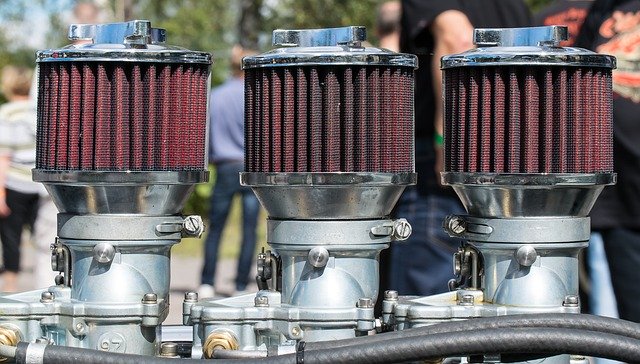It’s a sweltering summer day, and you walk into your home, eager to escape the relentless heat. You reach for the thermostat, dreaming of the cool, refreshing breeze that’s just moments away. But as you adjust the settings and wait, something’s not quite right. The air that should be a welcome relief is tepid, and your once-trusted HVAC system seems to be struggling. If you’ve ever experienced a breakdown in your home’s Heating, Ventilation, and Air Conditioning (HVAC) system, you know it can be a source of discomfort, stress, and unexpected expenses. But what if there was a way to avoid such scenarios and ensure your HVAC system runs smoothly year-round?
Welcome to the ultimate guide on “Cleaning and Maintaining Your Home’s HVAC System“, we will walk you through the ins and outs of HVAC maintenance, providing you with the knowledge and expertise you need to keep your home’s climate control system performing at its best. From the importance of regular maintenance to step-by-step instructions on cleaning various components, we’ll cover it all. By the time you finish reading, you’ll be well-equipped to take control of your HVAC system’s well-being and ensure the comfort and efficiency of your home.
So, whether you’re a seasoned homeowner looking to refresh your knowledge or a first-time homeowner eager to maintain your investment, this guide is your roadmap to a well-maintained, reliable HVAC system.
Why Clean and Maintain Your HVAC System?
Before we dive into the details of how to clean and maintain your HVAC system, let’s explore why it’s crucial. Here are some compelling reasons:
- Energy Efficiency: A well-maintained HVAC system operates more efficiently, which can lead to lower energy bills. It doesn’t have to work as hard to heat or cool your home, reducing energy consumption.
- Longevity: Regular maintenance extends the lifespan of your HVAC system, postponing the need for costly replacements. It’s a long-term investment in your home’s comfort.
- Improved Air Quality: Clean filters and ducts mean cleaner air in your home. This is particularly important if you or your family members have allergies or respiratory conditions.
- Safety: Proper maintenance reduces the risk of system malfunctions and potential safety hazards, such as carbon monoxide leaks in gas furnaces.
- Warranty Compliance: Some HVAC system warranties require regular maintenance to remain valid. Neglecting maintenance could void your warranty, leading to costly out-of-pocket expenses for repairs or replacements.
Tools and Supplies for HVAC Maintenance
Before you start with HVAC maintenance, gather the necessary tools and supplies. Here’s what you’ll need:
Tools:
- Screwdrivers
- Wrenches
- Pipe cutter (for hydronic systems)
- Vacuum cleaner with a hose attachment
- Coil cleaning brush
- Fin comb
- Rags or towels
- Safety glasses and gloves
- Multimeter for electrical testing (optional)
Supplies:
- Replacement air filters
- Lubricating oil (if needed)
- Algae tablets (for condensate drain pans)
- Bleach or vinegar (for condensate drain lines)
- Replacement belts (for older systems with belt-driven fans)
Maintenance Tasks for Your HVAC System
Here’s a step-by-step guide to cleaning and maintaining your HVAC system. We’ll break it down into various components, including filters, coils, ducts, and thermostats.
1. Air Filters
Air filters play a crucial role in maintaining indoor air quality and the efficiency of your HVAC system. Depending on your HVAC system and the type of filter you use, you’ll need to check and replace them as follows:
- Check Filters: Inspect your air filters monthly. If they look clogged or dirty, it’s time for a replacement.
- Replace Filters: For standard 1-inch filters, it’s recommended to replace them every 1-3 months. For thicker filters, check the manufacturer’s guidelines. High-efficiency filters may need replacement less frequently.
- Use the Right Filter: Make sure to use the correct filter for your system. Consult your HVAC system’s manual or contact a professional if you’re unsure.
2. Outdoor Unit
If you have a split HVAC system, you’ll have an outdoor unit (condenser) that also needs attention:
- Clean Around the Unit: Remove any debris, leaves, or other obstructions around the outdoor unit to ensure proper airflow.
- Inspect Fins and Coils: Check the condenser’s fins and coils for dirt and debris. If you notice dirt buildup, use a coil cleaning brush and a vacuum cleaner with a hose attachment to remove it. Be gentle to avoid damaging the fins.
3. Indoor Unit
The indoor unit houses the evaporator coil, blower, and other essential components. Here’s what to do:
- Turn Off Power: For safety, turn off the power to your indoor unit at the breaker or disconnect the switch.
- Clean the Blower: Open the blower compartment and use a brush or vacuum cleaner to remove dust and debris.
- Check the Evaporator Coil: Inspect the evaporator coil for dirt and dust buildup. If it’s dirty, clean it using a coil cleaning brush. You can also use a no-rinse coil cleaner for more thorough cleaning.
4. Condensate the Drain Pan and Line
Condensate drain pans and lines can become clogged over time. Here’s how to maintain them:
- Inspect the Drain Pan: Check the condensate drain pan for standing water or debris. If you find any, clean it out.
- Clean the Drain Line: Use a wet/dry vacuum to clear the condensate drain line. You can also use bleach or vinegar to prevent algae and mold growth in the line. Pour a mixture of bleach or vinegar and water into the drain line and let it sit for about 30 minutes before flushing it with water.
5. Ductwork
Duct cleaning is important for maintaining good indoor air quality. While you can perform basic maintenance, professional duct cleaning is recommended every few years. Here’s what you can do:
- Check for Leaks: Inspect your ductwork for any visible leaks, gaps, or disconnected sections. Seal them with foil tape or mastic sealant.
- Clean Supply and Return Registers: Remove supply and return registers, clean them thoroughly, and vacuum the duct openings.
6. Thermostat
Your thermostat is the control center of your HVAC system. Here’s how to maintain it:
- Change Batteries: If your thermostat uses batteries, replace them once a year to ensure they function properly.
- Calibrate the Thermostat: If you notice a temperature discrepancy, you can calibrate your thermostat to make it more accurate. Refer to the thermostat’s manual for instructions.
When to Call a Professional
While homeowners can handle many HVAC maintenance tasks, some tasks are best left to professionals. Here are situations when you should call in an HVAC technician:
- Annual Maintenance: It’s a good idea to schedule professional HVAC maintenance at least once a year. A technician can perform a thorough inspection and ensure everything is in top shape.
- Complex Repairs: If your HVAC system requires complex repairs, such as fixing a refrigerant leak or replacing a faulty compressor, it’s best to leave these tasks to professionals.
- Gas Furnace Issues: Gas furnaces can be dangerous to work on if you’re not experienced. If you encounter problems with your gas furnace, it’s crucial to call a professional to ensure safety.
- Electrical Issues: If you’re not comfortable working with electricity, don’t attempt to fix electrical problems with your HVAC system. A professional electrician or HVAC technician should handle these issues.
- Refrigerant Handling: Handling refrigerant requires special training and equipment. If your system is low on refrigerant, has a leak, or needs a recharge, contact a professional.
Conclusion
Cleaning and maintaining your home’s HVAC system is a crucial aspect of homeownership that ensures your comfort, energy efficiency, air quality, and the longevity of your system. By following the steps outlined in this ultimate guide, you can take control of your HVAC maintenance and reap the benefits of a well-functioning system.
Regular maintenance not only saves you money by reducing energy consumption but also extends the life of your HVAC system, preventing costly replacements. It also maintains the air quality of your home, which is vital for the health and well-being of your family.
Remember that while many tasks can be handled by homeowners, some aspects of HVAC maintenance require professional expertise. By knowing when to call in a professional, you can maintain a comfortable and efficient home all year round. So, take the time to care for your HVAC system, and it will continue to provide you with the comfort you deserve.





